BY FEMI OKUNLOLA
Mahmoud Ahmadinejad, the former Iranian president became the subject of controversy after announcing his intention to run for office in April, 2017; for the third time. The former president had previously ran two terms in office. What seems to have being a baffling move to the western world has become a norm in many African countries.
Simply put, it’s been the recycling of leaders over the past five decades in one political position or the other, and with many of them bidding to manoeuvre the constitution in their favour. To name a few instances are Yoweri Museveni of Uganda who at age 71 is serving his 4th term in office, after securing a change to the constitution in 2005, and recanting on a statement made in 1986 “the problem of Africa in general, and Uganda in particular, is not the people but leaders who want to overstay in power.”, Paul Biya of Cameroun, who came to power in 1982, is thought by most to be hoping to run again in 2018; in 2008 he revisited the constitution to eliminate presidential limits. Pierre Nkurunziza of Burundi in 2015 much to international condemnation ran for election; his third time, in an election that was boycotted by the opposition. Congolese President Denis Sassou Nguesso was President from 1979 to 1992, after which he was outsted then re-elected in 1997. Nigeria’s sitting president Buhari after coming to power under the military regime in 1987, got re-elected under a democratic setting in 2015. Others include Dos Santos (37yrs), Mugabe (37 yrs), amongst others. The list of African leaders is endless and the practise of recycling cuts across board and political positions across the continent. How this tradition began can be traced back to the era of Africa’s revolutionary leaders.
Revolutionists or Leaders:
The move for emancipation in the 50’s and 60’s had a striking semblance across the African terrain. The sounds of cheers rent the air, alongside the razzmatazz that comes with a celebration; the colourful dancers, the drums, the signings and then the declarations. Africa would never be the same again. Power at the time was not something you begged to have, you simply took it. The revolutionaries were at the forefront of the African movement and at the time, most of them did a great job too; it was the era of the Sankaras (80’s), the Robert Mugabe’s (80’s), Jammeh’s (90’s). While the objectives were right at the moment, the taste for power seems to have gotten to many, and they have long outlived their relevance. What makes a Nelson Mandela different from several others? He knew when to move on, despite a trillion reasons why he should have stayed put. This seems the missing ingredient in the leadership question that most African leaders seem to lack. The issue of timing and period often seems ignored in the leadership discussion, and boils down to one fact: A great revolutionist does not necessarily make for a good leader. Timing becomes of a great essence here. However, while it’s easy to condemn the recycling of leaders on the continent, and the hold on power by the older elite, the question is often begged “where have Africa’s youths been in the continents politics”?
Advertisement
The question of the Youth Demography in the Leadership space:
According to the UN, Africa has the youngest population in the world, with a median age of 19.5 years. Young people in Africa, between the ages of 15 and 35 constitute one-third of Africa’s population, but their influence in the political scene has been majorly from the sidelines. In 2015, the average age of the ten oldest African leaders was 78.5, compared to 52 years of age for the world’s 10 most developed countries. There seems to be a presence without influence. This has stemmed from an age long distrust of the political terrain. A lot of young people in the continent associate politics with corrupt politicians who are negligent on promises made, and hence would rather be active within civil societies or observe from the sidelines. A suspicion of the electoral system which fosters unqualified administrations on the people also remains an issue, as well as age limits in some countries, which prevents youths under 35 or 40 from running for office. In 2016 Afrobarometer in a report titled “Does less engaged mean less empowered?” based on nearly 54 000 interviews in 36 African countries in 2014/2015, found Political engagement to be generally lower among African youth than among their elders‚ particularly in terms of voting, More than half (53%) of African youth report being “very” or “somewhat” interested in public affairs‚ while two-thirds (67%) say they discuss politics with friends or family at least “occasionally”. These were amongst other findings.
Another major issue and perhaps the most damaging is the vast resources needed in running for political positions in most African countries. During the 2015 general elections in Nigeria, Presidential aspirants had to pick up party forms for over 20 million naira How these monies are raised begs another question of how sincerely a fight against corruption can be fought especially when the individuals who fund such elections are often those who have corruption allegations levied against them, and are the money bags of society. Regardless, the African political terrain has become a dumping ground for mediocrity and one where god-fathers reign supreme. The system is one that is set up to fail in that good intentions and good skills don’t necessarily mean you get in.
Advertisement
The issue of credibility on the part of young people has also been called into question. The outrageous and ridiculous statement is often made about Africa’s youths not being ready to handle the affairs of the continent, by the same individuals who seized power at the same age of those now clamouring for a change in the system. Perhaps a good way to cut off such argument is citing the late William F Buckley’s support for the Jim Crow laws and Black suffrages. In summary, he believed that blacks weren’t ready. The difference between those whose skin would crawl at that assertion from a century ago and now, is simply that those who make these statements are not foreigners, but the leaders who want to remain in power at all cost. There are also proponents of a different type of “African Democracy” by a group of leaders who have refused to relinquish power. The reference is often made to the traditional ways of most ancient African kingdoms. While this remains a controversial debate still, the downfall of this argument is in the underdeveloped state of many of these nations. Besides what happens when the said leader kicks the bucket untimely? The arguments are endless.
Getting a seat at the Table;
To get a seat at the table, African youths have to wake up from their slumber, and set the rules in their favour. The very electioneering process has to be reset. A system which puts emphasis in how much you have to offer is set to fail. In most developed climes, there is a bench mark as to how much money you can personally pump into the elections all by yourself. While those rules are written on paper, adherence in this part of the world is rarely followed through. Civic education of the youths who are mostly affected by policies and governance must be put at the front burner. Africa’s youths must quit seeing themselves as a failed generation, and handicapped, and for once bank on the strength of their numbers. They must also fill the documentation gap that exists between them and governance, but not with sticks and stones, but legitimately!
There is also a strong and pressing need to represent themselves the right way. Many political parties consist of old elites who have been there for ages. The culture of cross-carpeting and a lack of ideologies is a consistent trait with many political terrains in the continent. For many African nations, it has been 6 to 7 decades since cries of freedom from the colonial powers were expressed, with the future looking more like the past. To change all this, Africa’s youths must seize the power legitimately to get a seat on the table of politics and where not given, they must build their table in the hall.
Advertisement
Okunlola, a development broadcast journalist, holds a master’s degree in peace and development studies. He tweets @iam_fto
Views expressed by contributors are strictly personal and not of TheCable.
1 comments


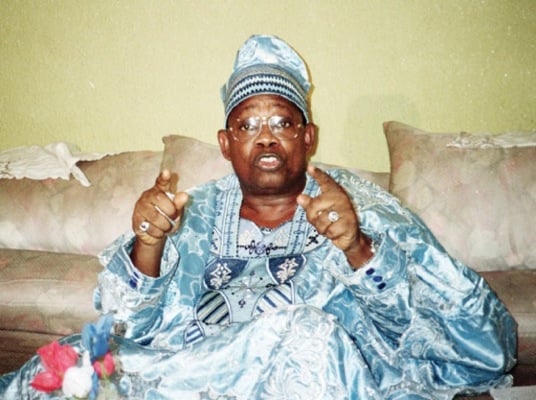
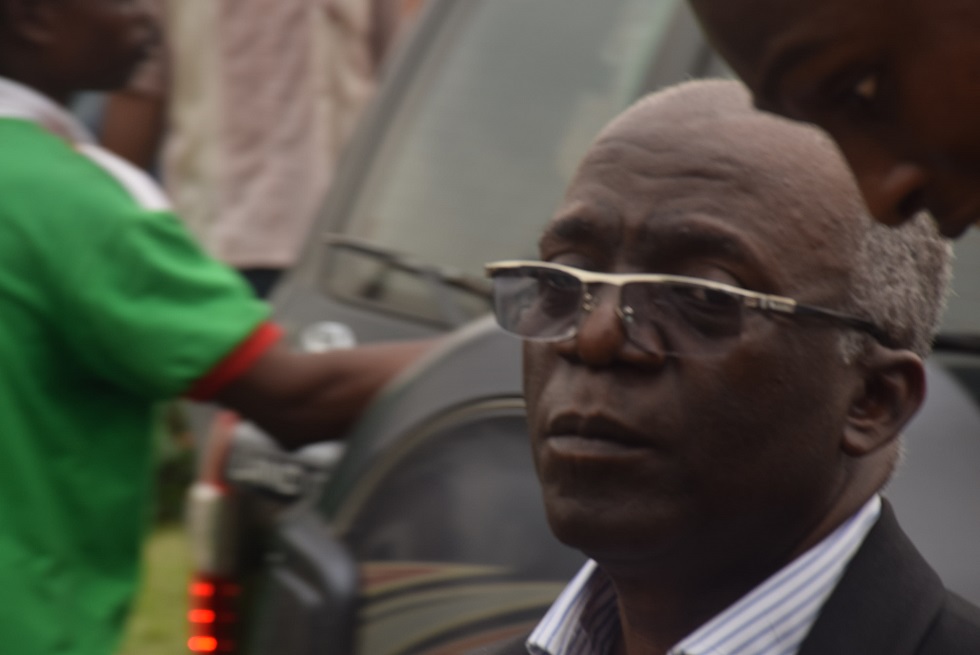
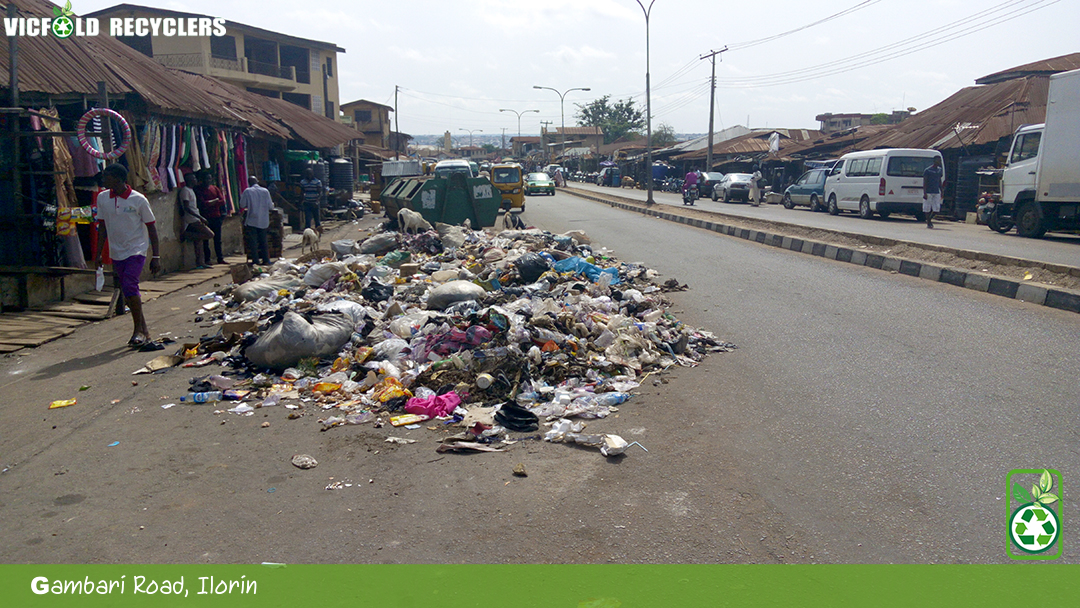
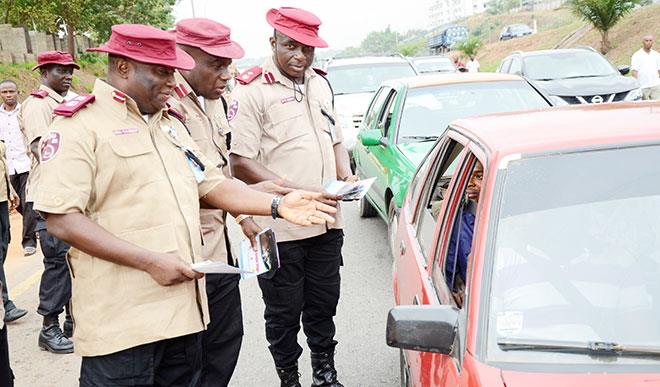
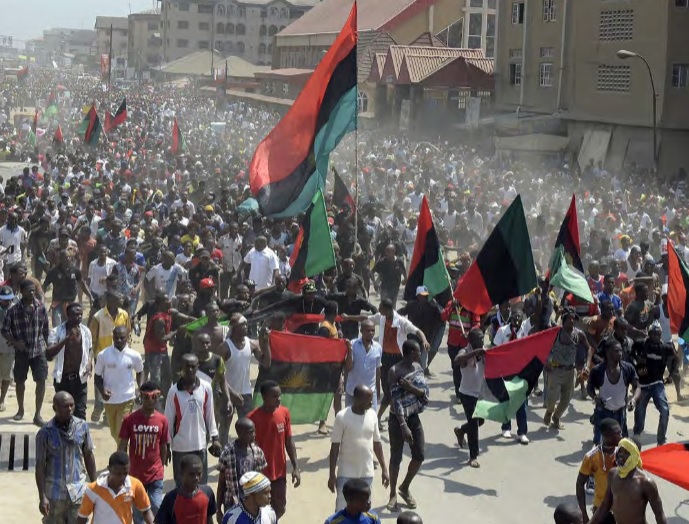
Very well said, Babatunde. I think we could start by identifying a political party to affiliate. We should not just complain and sit at the sidelines.